Listen to Rev. Dr. Marlin Lavanhar’s full address by clicking here.
 “I stand here today never having been more scared for the future of our faith. I know that is not necessarily what you want to hear on the day you are graduating from seminary. You have invested a lot of time, money, and passion. You, likely, have families who have sacrificed so you could be here today. So, it is not so nice to be told that we are standing on a precipice and it would not take much for us to fall off the edge. Or, to hear that our movement could self-destruct is not the kind of sentiment one wants to be the focus on graduation day.
“I stand here today never having been more scared for the future of our faith. I know that is not necessarily what you want to hear on the day you are graduating from seminary. You have invested a lot of time, money, and passion. You, likely, have families who have sacrificed so you could be here today. So, it is not so nice to be told that we are standing on a precipice and it would not take much for us to fall off the edge. Or, to hear that our movement could self-destruct is not the kind of sentiment one wants to be the focus on graduation day.
Nevertheless, I would say right now Unitarian Universalists are facing a crisis of faith about whether our tradition and its values can offer a real answer to racial oppression. Can Unitarian Universalists really form communities where all people will truly be free and empowered and in right relationship? Let’s face it, liberal religion is on trial today. Maybe it is because we do not take evil seriously enough. Is that why we try and try, but still have not found a solution that can effectively dismantle entrenched forms of racial oppression even within our own communities?
Maybe our critics are right. Those who say we are way too naive about human hardwiring and biology and that people will always compete for power in ways that create injustice… those who also say, “if it is not race, then it will be something else that divides us in a cycle of dominance that never ends… only changing who’s in charge.” Maybe we are flat wrong about the existence of some kind of justice towards which the ark of the universe bends.
What actual experience do we have that a thing could exist and rightfully be called “beloved community”?
The larger issue is that it is a lot more than liberal religion and Unitarian Universalism on trial today. The premise of Liberalism itself, including liberal democracy, is being challenged. And, if we are keeping score, Liberalism is losing in politics and religion around the world. Can liberalism, and more specifically to you and me, can liberal religion develop a model of using power that is moral and sustainable?
I will tell you one thing, nothing could make the critics of liberalism and the critics of Unitarian Universalism feel more vindicated than to see us destroy ourselves – to see us fail – proving in their eyes, what they have been saying all along was true, that “a free faith and a liberating faith [such as ours] is spurious, immoral, idealistic, unrealistic and ultimately destined for the dustbin of history.”
What’s come into question is whether we can give birth to a community the likes of which the world has never seen before? Or, will we fail and hope that someone else will come along to take up the dreams of our forbearers – the dreams embedded in hymns like “Forward Through the Ages”? Our idea of “Forward Through the Ages” is rooted in our faith in the promise of freedom. In seminary, we learn to describe it with fancy words like “The Hermeneutic of Freedom.” By whatever name, it involves both freedom of belief and conscience, but also freedom from bondage and oppression.
Often we imagine that the fruit of freedom is beloved community. But I am wanting to remind us that the first fruit of freedom is division. To free the captives requires disrupting the lives of the captors. To free the oppressed, involves disturbing the status quo of the oppressors. If you free the Hebrews, you are going to piss-off Pharaoh and the Egyptians… there’s no way around it. Division is the first fruit and natural outcome of religious freedom.
As Unitarian Universalism has grown more diverse and more savvy about power, we have come to understand that we have within our covenanted community those who are oppressed in various ways in our society and those who are oppressors. We have Hebrews and we have Egyptians. Also, with our growing awareness of intersectionality, we know that many of us have multiple identities that combine to create complex equations of power and oppression.
I’m inspired by Rev. Robert McAfee Brown, a Presbyterian pastor and professor of Religious Studies at Stanford, who gave a powerful speech to a worldwide Christian Assembly in 1975 in Jakarta. He was kicking-off a conference on the theme: Jesus Christ Frees and Unites. Brown understood his social location as a white, well-educated, affluent Christian, man from the United States and he understood his audience and how they viewed American power and dominance in the world. So, in his sermon he added a key new word to the conference title. He explained that “Jesus Christ Frees, Unites and Divides.” His words are so prescient for us today that I could have just as easily read you his message verbatim.
Like Brown, I stand up here, aware of all my privilege as a white, sis-gendered male, well-educated, straight, able-bodied and employed. Now is a time in our movement and in our nation when people like me need to be doing more listening than talking. It is something that became very clear in Tulsa this past week.
Recently, a white police officer, Officer Betty Shelby, was found not guilty of shooting and killing Terrence Crutcher, an unarmed African American man. He was shot with his hands up. The verdict exposed the way the majority of African American Tulsans and the majority of white Tulsans see, and are impacted by, the situation completely differently. It reminds me of the O.J. Simpson trial verdict in 1995. It also reminds me of the way many black Americans and People of Color viewed the national response to hurricane Katrina in 2005 compared to how the majority of white Americans viewed the same events. The differences were stark.
In Tulsa right now, it is another one of those moments when it has become painfully clear that one of the effects of racism is that we often are not able to really listen to or understand one another’s experiences. I see this same problem happening in places within Unitarian Universalism right now. Many leaders of color are experiencing and expressing something painful in this movement that is not automatically apparent to, and in some cases, is radically different from, what many white people see. When this happens, in our churches or society, the first response must be for the majority to listen deeply to those who are hurting and crying-out from the margins.
Following the verdict, our staff at All Souls in Tulsa came together to process the verdict. We made space for our African American staff members to speak first, if they wanted to and the rest of us listened with our hearts and minds open. I asked permission to share some of what I heard.
We listened as JoJo, who is 20 years old, and bright, and kind, and loving, and big, and black, and beautiful. As he shared that he woke up that morning and sat for quite a long time considering writing a long note and leaving it under his bed. “Just in case it happens to me,” he said, “and I end up dead at the hands of the police.” He talked about how sometimes he finds himself thinking about how painful it would feel for a bullet to enter his body and he can’t help it, but he finds himself imagining what it’s like to fall down on pavement from a bullet wound and bleed to death. He’s not a soldier, he’s not in gangs, he’s just a young, black man walking around in America in the 21st Century.
Two mothers shared their inescapable fear for the lives of their sons and their sense of not knowing what to say to their children about the verdict and what it means about the world we live in. Our staff literally wept together as we listened to person after person speak and held the pain of it all together.
We were having what Michael Meade calls a “second layer” conversation. The first layer of social interaction is superficial. It is the layer that involves manners, kind speech, polite greetings and other surface level courtesies. At many other workplaces in Tulsa that day, the conversation was simpler, “The jury did their job and they did a good job.” Even if someone disagreed with that assessment, they probably didn’t dare say it.
The “first layer” is the level of community that maintains the simple harmony of the status quo with exchanges such as: “How are you?” “Fine.” Then ends with the blessing, “Have a nice day.”
The truth is that you may feel that if one more thing goes wrong, you are going to start throwing things at people, but when asked “How are you?” You say: “Fine.” You might wish the person in front of you would crawl in a hole and die, but still you tell her: “Have a nice day.” And as disingenuous as the words are on the surface, they are needed at certain times in certain ways for social survival.
But, Meade tells us, if a person or community stays too long on that first level, a larger and larger shadow starts to grow below the surface. Then, you can end up with a society where people living in the same city or nation see the identical situation completely differently and it drives them further apart. On what Meade calls the “third layer” is where we find a sense of deeply shared humanity and the experience of beloved community.
The third layer is the realm of deep unity, profound forgiveness, and the sibling-hood of all people. In the conversation among our staff, our student minister, Yadenee, talked passionately and painfully about how she knew she needed to be with our church community on that morning. She mentioned later how significant it was “being in a space where white allies listened with no intention to talk back to the voices of People of Color.
Just listening.
She also made the point of “…how helpful it is to hear the allies sharing their own drive and pain to end white silence in their circles – and in places and spaces [she] may never go or be heard and seen.” She shared how relieving it is to have others who understood it isn’t her responsibility, as a person of color, to ‘fix’ or enlighten us all.
We had a similar conversation back in September, when Terrence Crutcher was first killed, among our intercultural leaders at the church. Everyone there mentioned how thankful they were to have these relationships so we could be together that night. One older woman, who is African American, said she was planning to go home and didn’t want to even see a white person.
Then, before our gathering was over said, “I’m so glad I came tonight. I needed to be around white people who get it and who I love and who love me. I would have just gone home and been isolated with all these painful feelings, but now I’m reminded that something greater is possible… and I can be a part of it.”
What I can tell you, for myself, is that being in a multiracial and otherwise diverse religious community has transformed my life. It has profoundly changed what I think and what I pay attention to and how I understand the world and my place in it. You can’t achieve this kind of experience at a demonstration or a march. As important as those are, people are not listening and transforming and healing each other the way you are in a loving, multiracial, diverse, and covenanted community.
One reason it is so difficult to reach the realm of such a transforming and loving community is because it requires passing through the “Second layer” with all the risks of division and all the pain. The second layer is the realm of anger, outrage, disgust, discord and acrimony, blaming and shaming and naming things that often go unsaid. It’s the realm of, “I can’t take it anymore! ’ I won’t stand for it, I’ve had enough!”
The second layer, which we are solidly in right now as Unitarian Universalists nationally, regarding issues of race, (and we are in Tulsa and in America as well) involves feelings and attitudes we would rather not have and emotions we would definitely not choose.
So even though we’re not “the chosen people,” we are a people who choose. That is the foundation of freedom. It is why, historically, we were called “heretics” from the Greek word “to choose.” So instead of choosing to stay in some superficial peace in the first layer of manners and politeness that maintain the status quo, we choose to feel emotions that we might prefer not to because we believe in a third layer reality.
We have faith in the possibility of a “Beloved Community” grounded in freedom and justice for all.
I’ve come to appreciate what our colleague Michael McGee has said, that “…ministers are really professional wrestlers. Our calling,” he says, “is to wrestle with ideas, with feelings, with other ministers, with politicians, sometimes even with board presidents, and with our congregations.” We choose to wrestle with issues such as family, inequality, sexuality, gender and addiction.
He goes on, “This ongoing grappling we do forces us to call on our deeper resources so that we can help others and ourselves to dance into our full humanity, to become who we have the potential to be. The most difficult wrestling we must do [of course] is with ourselves.”
We must wrestle with our own self-doubts, [privilege and power and oppressions.]” Those of us, like myself, who have been historically and presently advantaged by the systems of inequality based on race, gender, ability and the one hundred and one other criteria used to ascribe power and preference in our society, have to wrestle with our fears of losing our positions, prestige, privileges, preferences, and prerogatives.
For those of you for whom this day is a step in your transition from amateur to professional wrestling, I encourage you to continue to grapple with your weaknesses and your strengths and to include your struggles when you preach, and teach, and counsel and lead.
Remember Jacob, in the Bible, who it says wrestled with an angel and would not let go, or give up, until he was blessed. I hope for all the new graduates, and all of us who care about this free tradition that we won’t give up or let go of this present conflict without insisting on God’s blessing. Let’s hang on, let’s not settle for some superficial peace or false unity.
More importantly, let’s learn how to de-center white, race-based thinking and cultures in our day-to-day lives and churches. Let’s de-center the dominant narratives in order to forge a new kind of community. Let’s stop letting the paradigms of… I’m going to say it…“white supremacy” … dominate our culture. By white supremacy I do not mean the Ku Klux Klan. I mean the subtle, but devastating conception that European cultural norms are superior or that it is okay for those white normative values to take up all, or most of, the space at the center of the culture in the Unitarian Universalist Association or in America.
If we don’t fully engage with the differences that are dividing us, it could defeat us. But my experience tells me that with solid leadership and faith in freedom’s promise, by listening to each other deeply and especially listening to those who are on the margins and finding ways to bring historically marginalized persons and perspectives to the center, this turmoil will turn out to be an angel in disguise. God will bless us if we persist.
So, I charge you – this new class of theological graduates – to help lead us as together we create new kinds of life-saving and soul-saving communities rooted in freedom. Help us create communities that are unafraid of conflict and destined to bring about justice for all Life’s children.
Graduates, remember when ministry gets scary and it gets painful and it gets confusing and risky, when it gets real …like it is right now… that is when the magic happens. That is when the healing happens. And that is when the dreams and the hope are born again.
I believe in you and I believe in the promise of this free faith. God bless you and congratulations.”
Photos Courtesy of Meadville Lombard Theological School.
This commencement address was delivered seven weeks after the unprecedented resignation of the president of the Unitarian Universalist Association (UUA), Peter Morales. His resignation was a direct result of a public conversation and controversy regarding ongoing influences and impacts of racism on the hiring practices and culture of the UUA. Other senior UUA staff also resigned in the wake of the controversy.

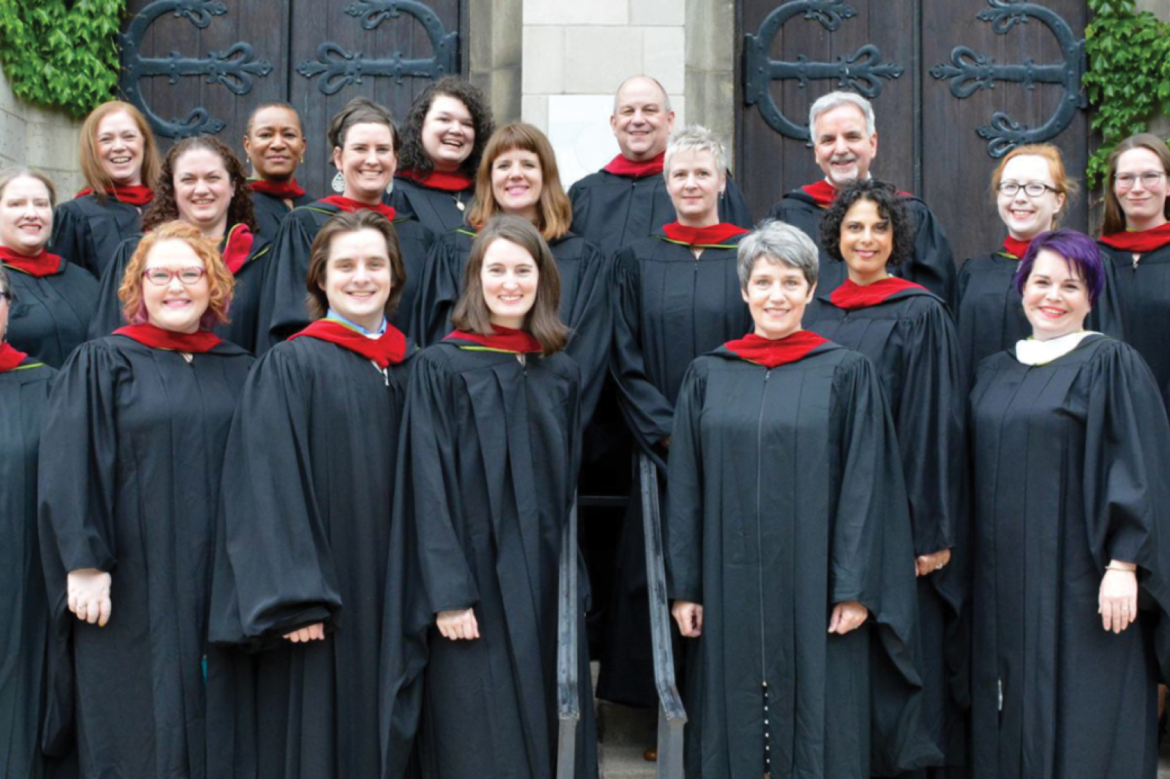
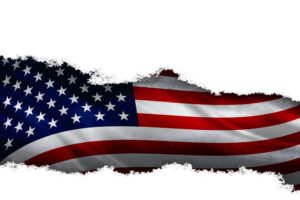

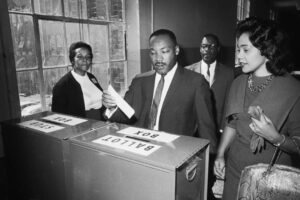

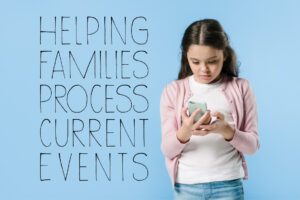
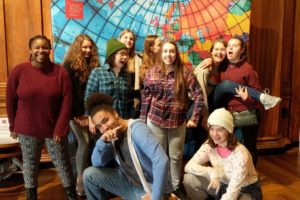
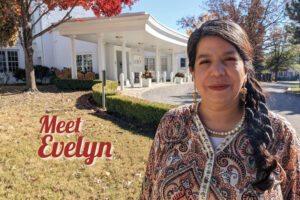
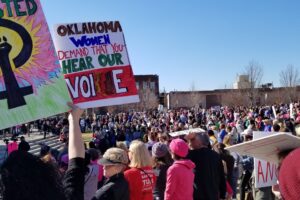
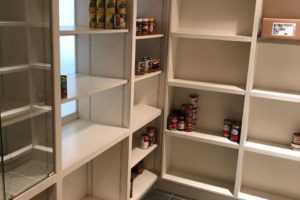
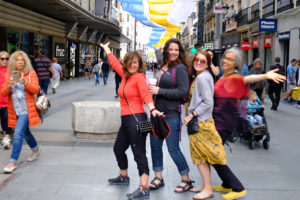
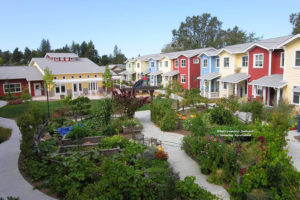
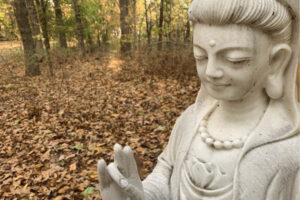
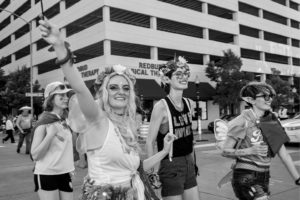
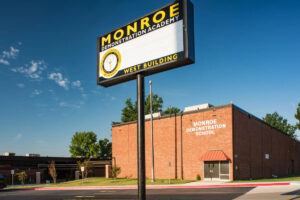
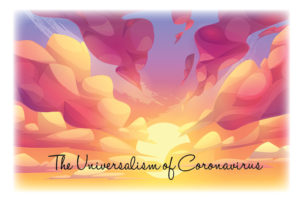
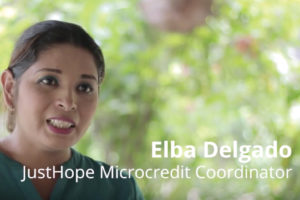
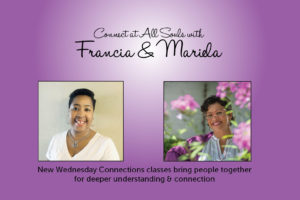

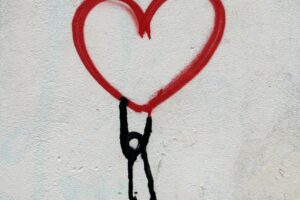
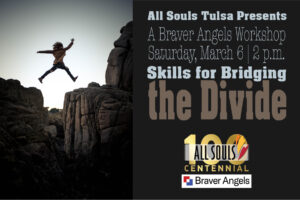
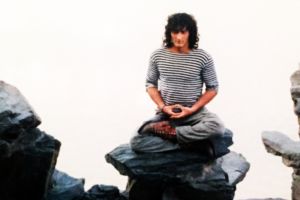
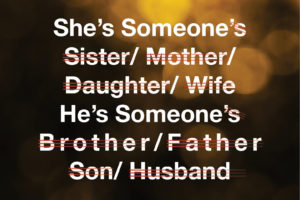
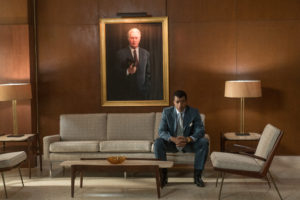
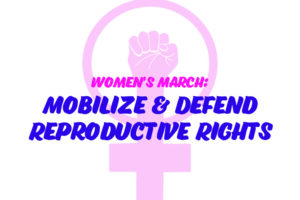

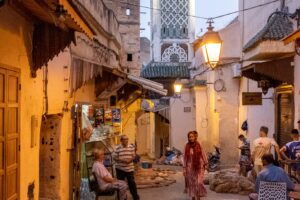

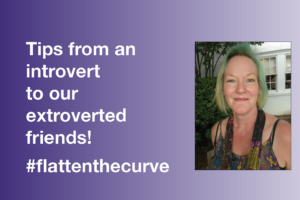
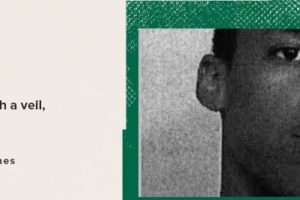

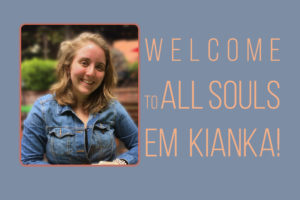



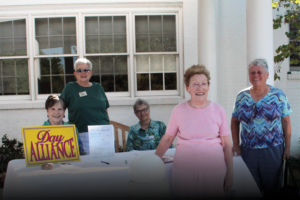

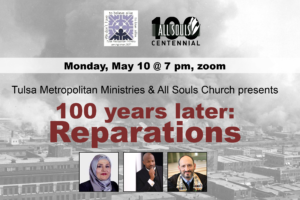
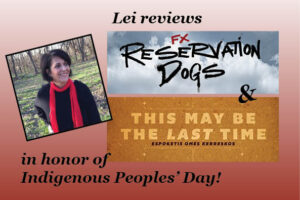
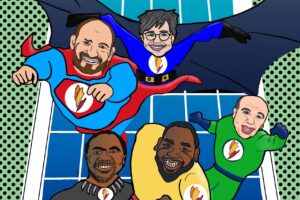


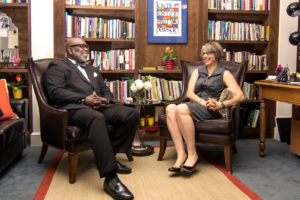
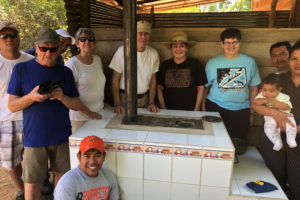
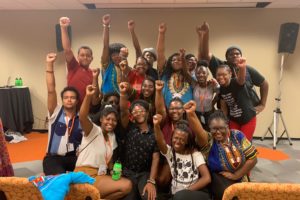
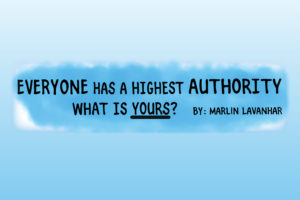

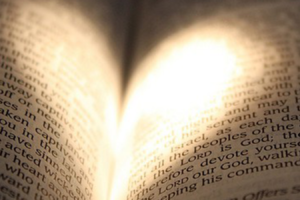
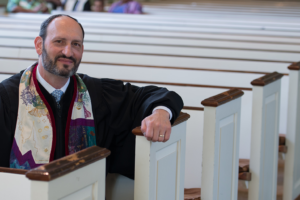

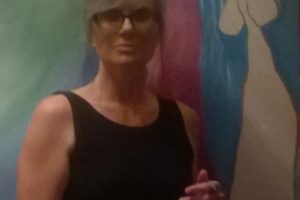
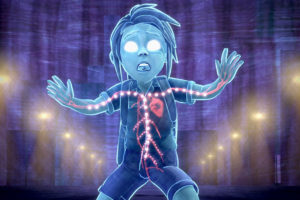

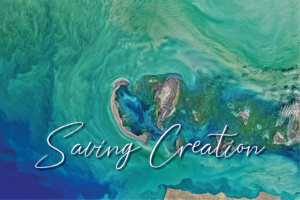
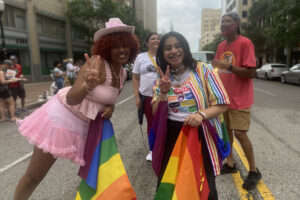
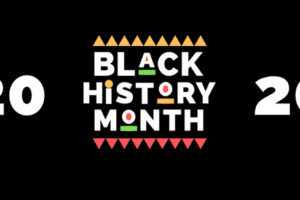

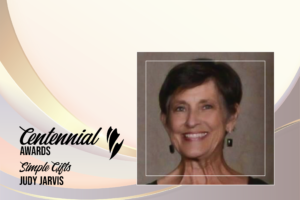
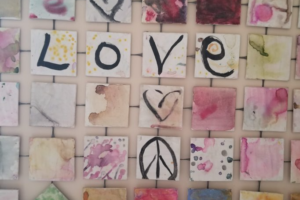
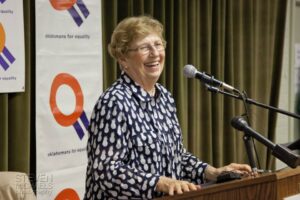
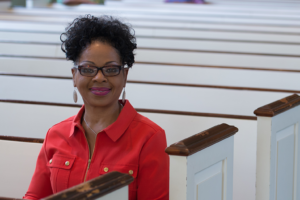
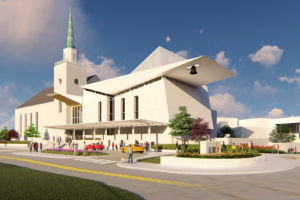
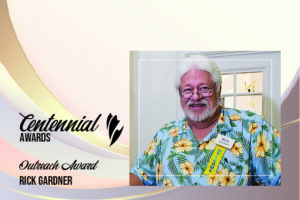
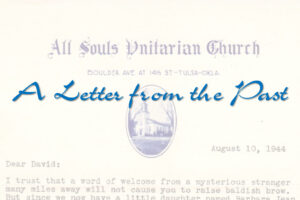
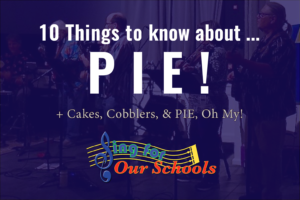
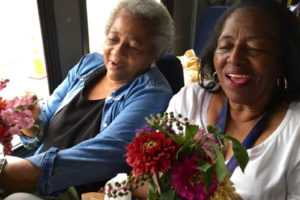
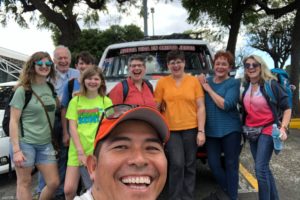
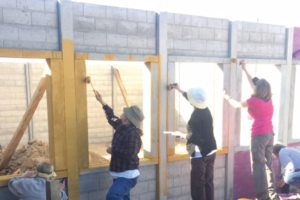
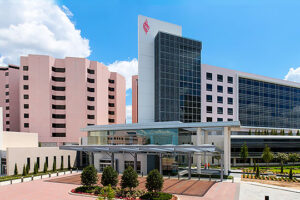
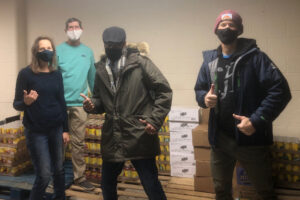


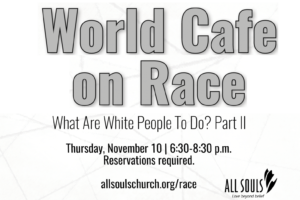
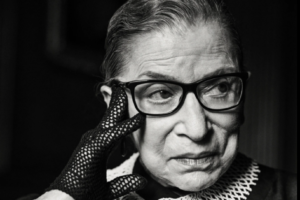

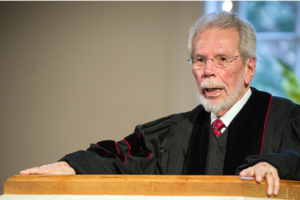

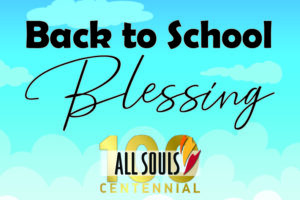
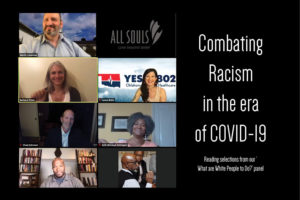
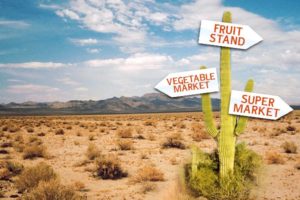
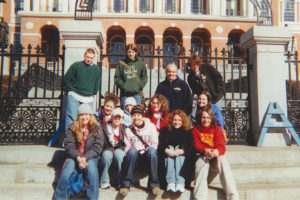
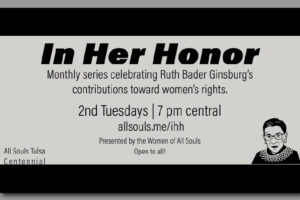

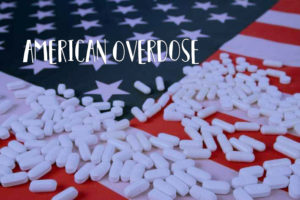
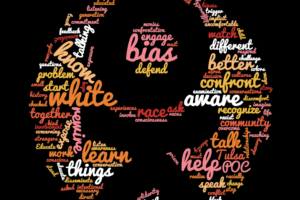

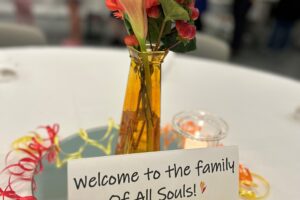
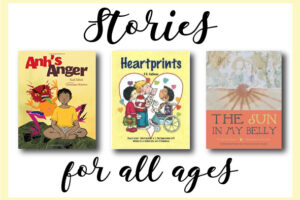
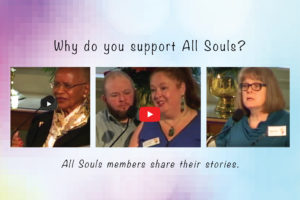
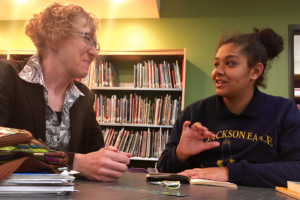
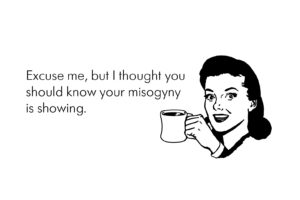
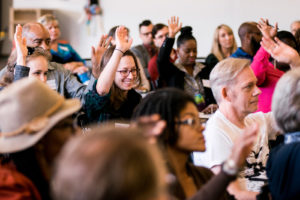
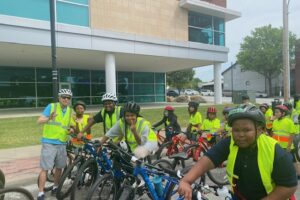
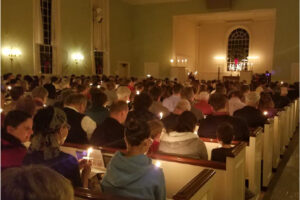

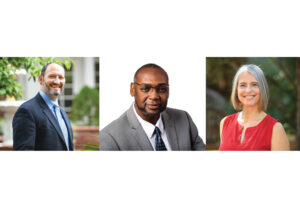
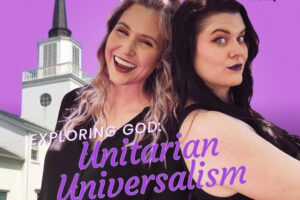
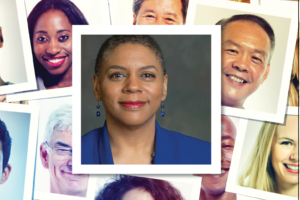
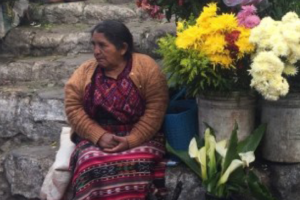

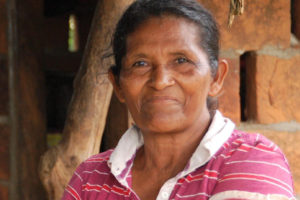
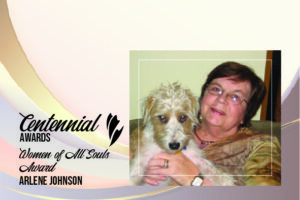
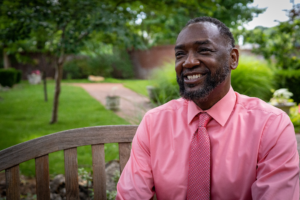
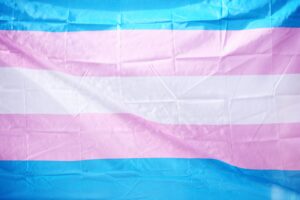
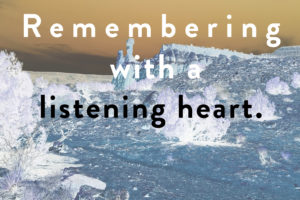
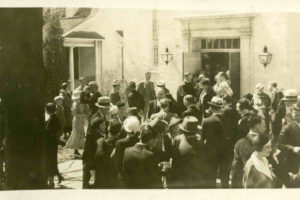
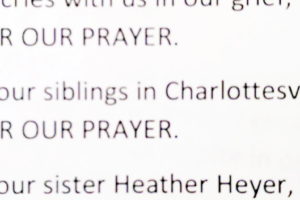
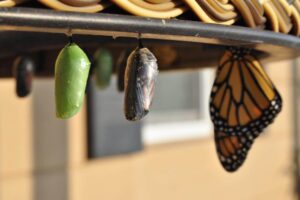

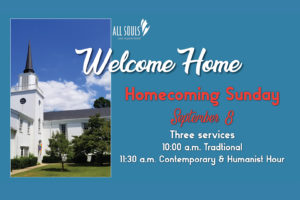
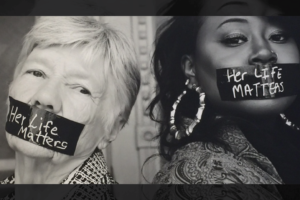
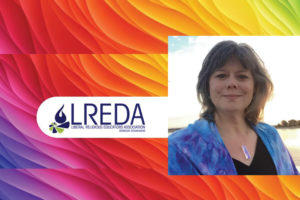

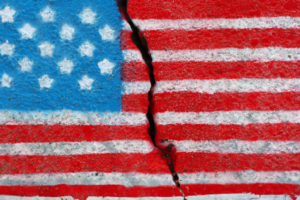
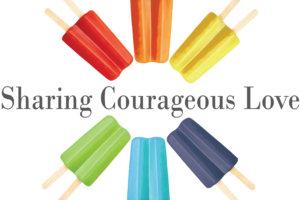
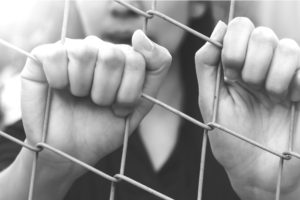

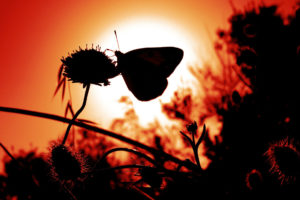
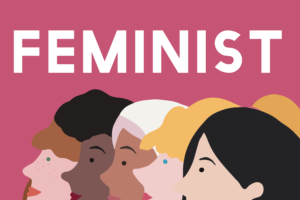
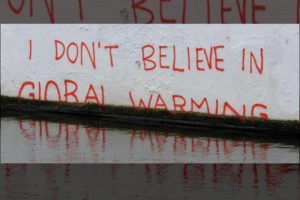
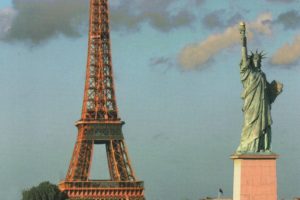
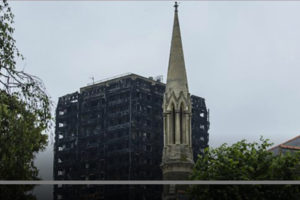

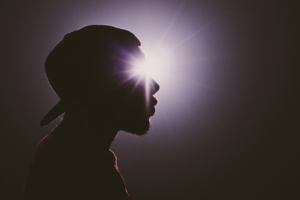
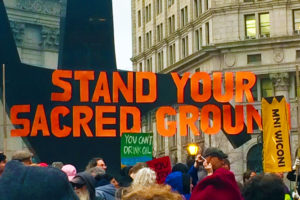
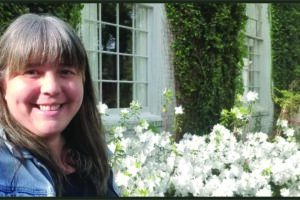
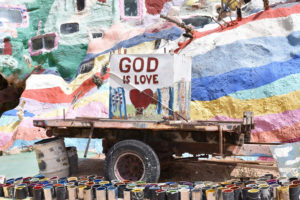
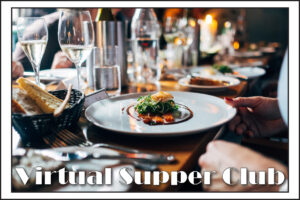

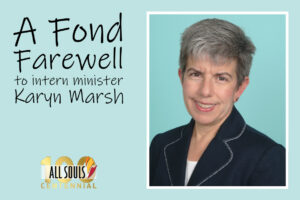
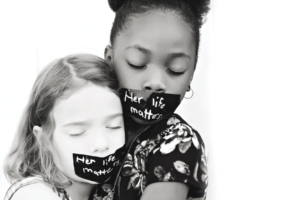
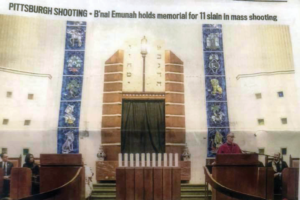
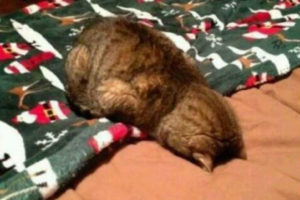


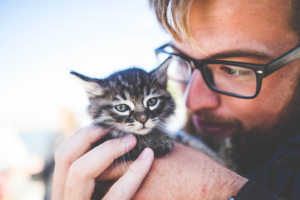
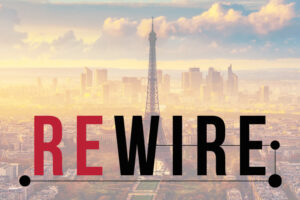



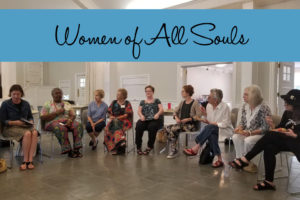
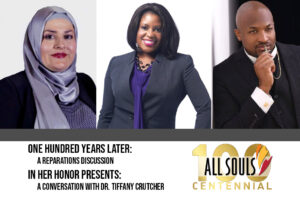
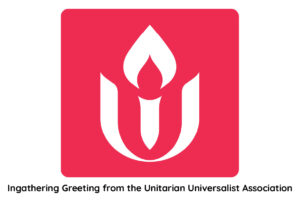
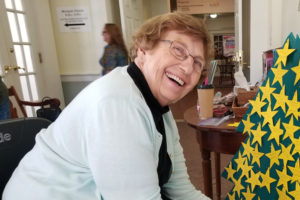
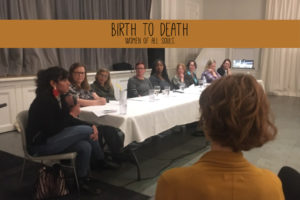
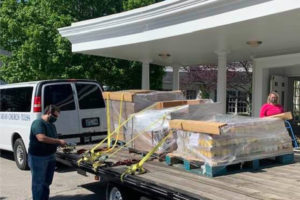
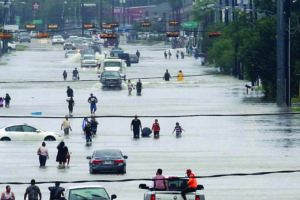
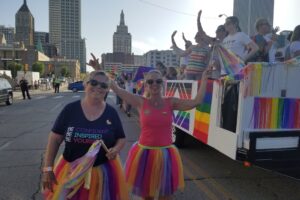
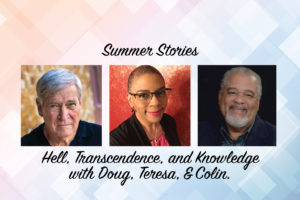
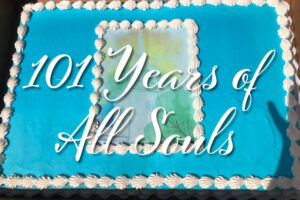
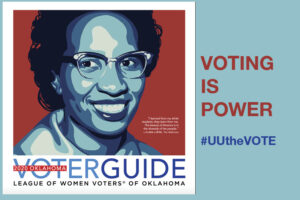
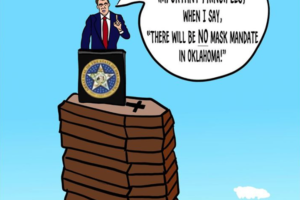



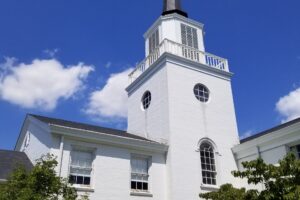

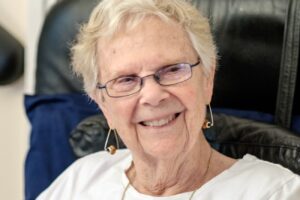


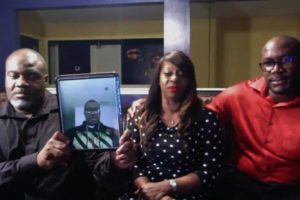
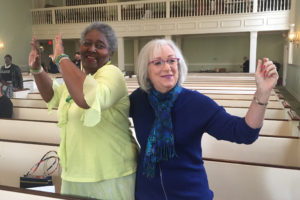
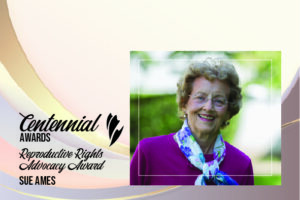
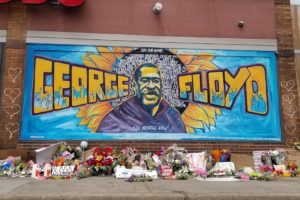
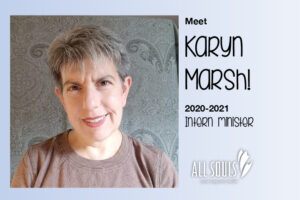
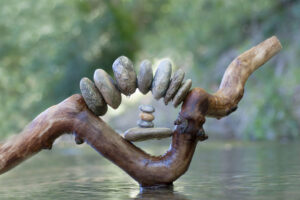
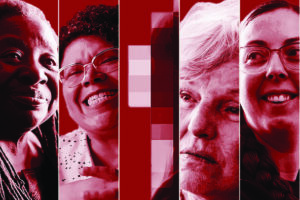

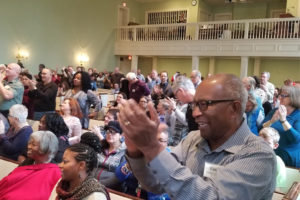


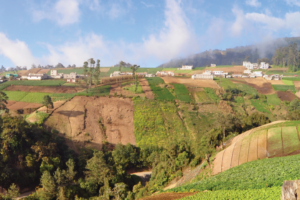
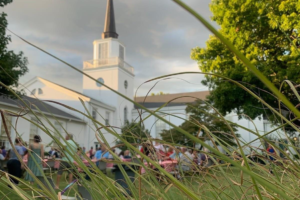
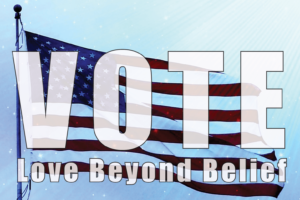
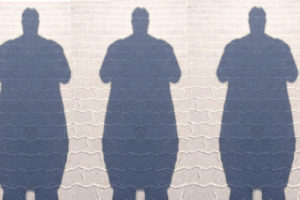
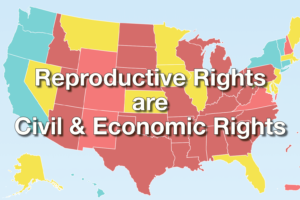
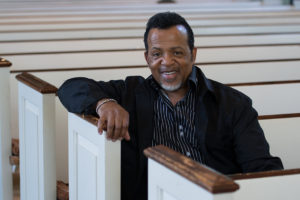

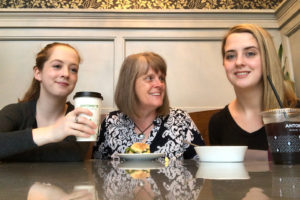
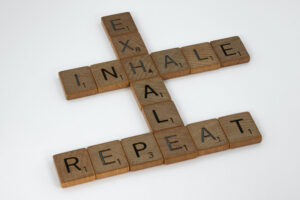
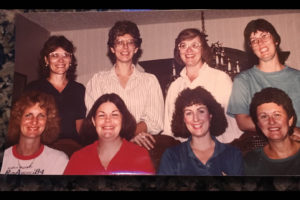
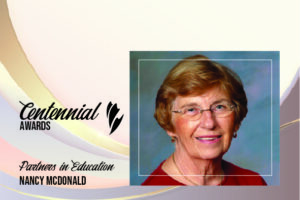
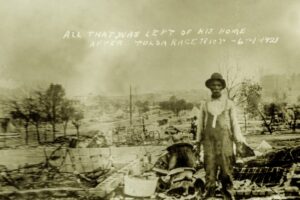

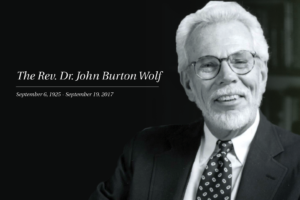
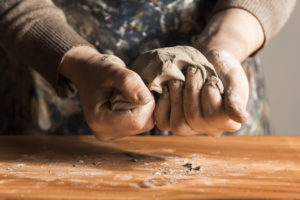
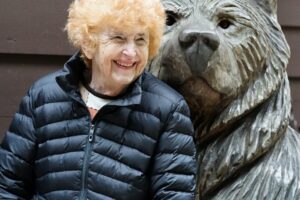
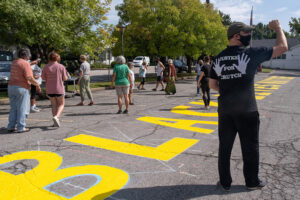
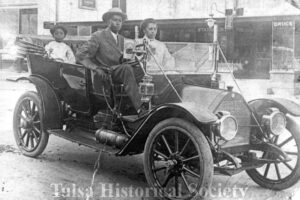
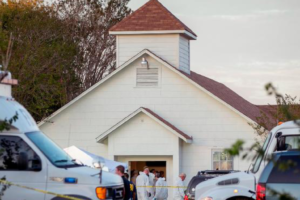
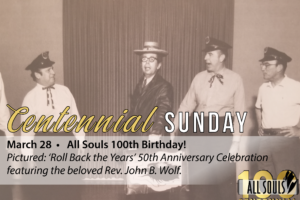

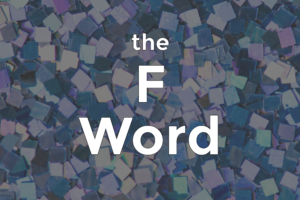
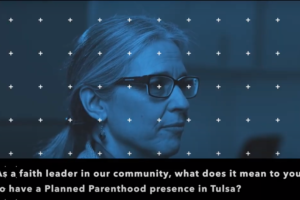
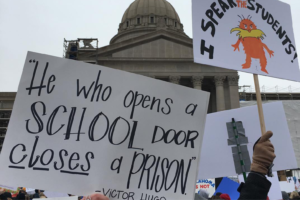
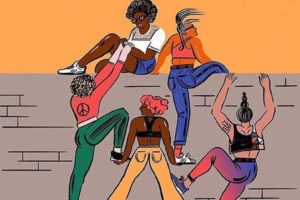
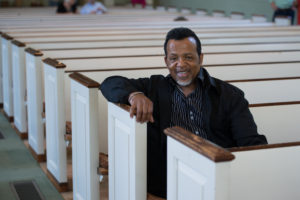
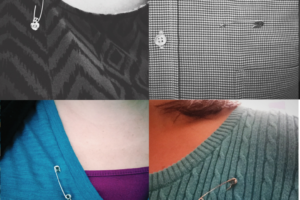
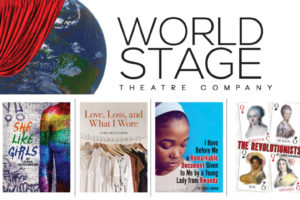

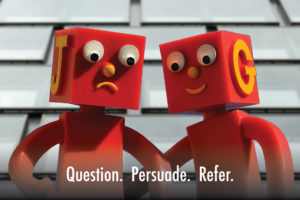
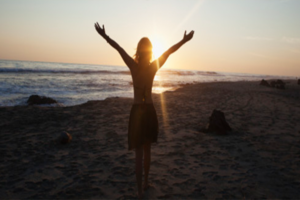
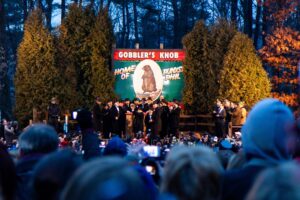
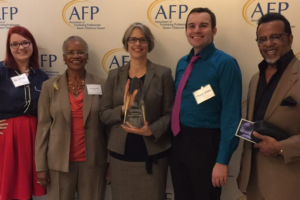
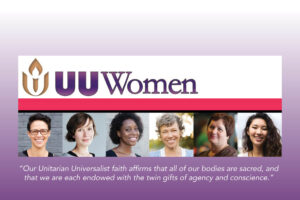
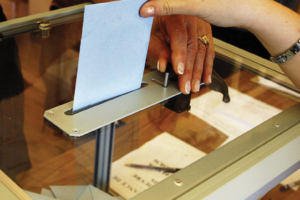
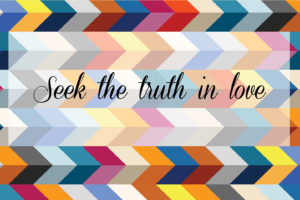

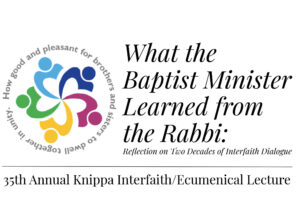
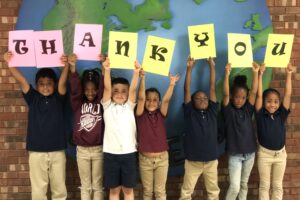

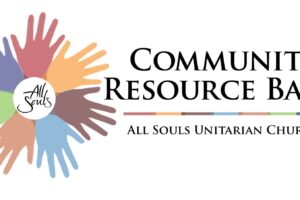
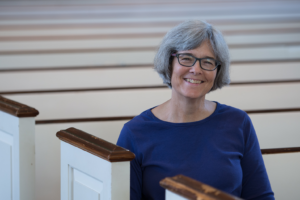
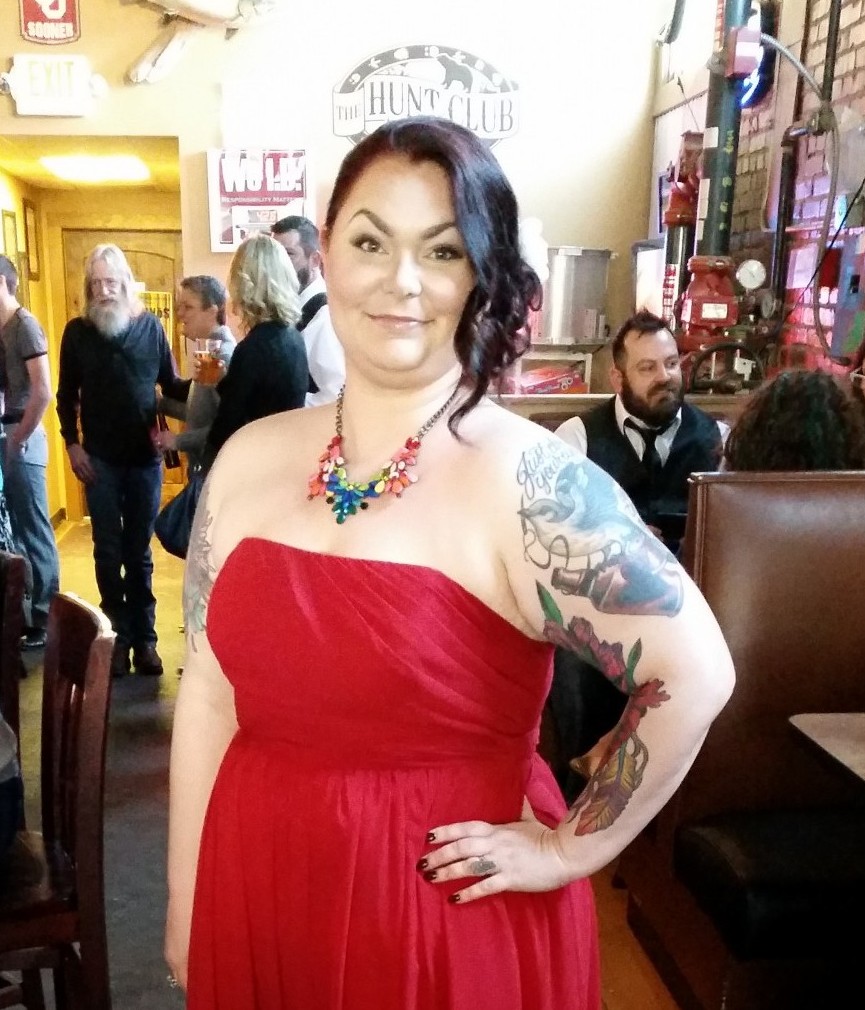
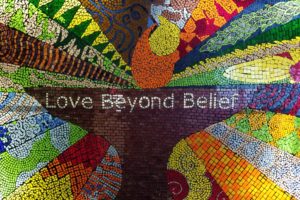
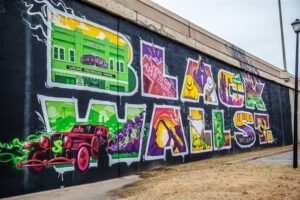
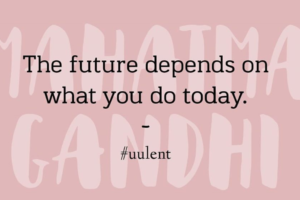

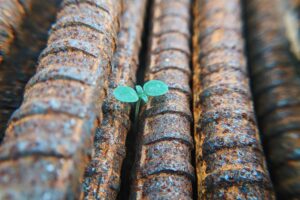
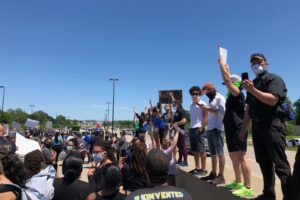
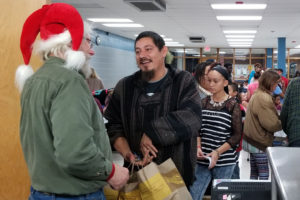
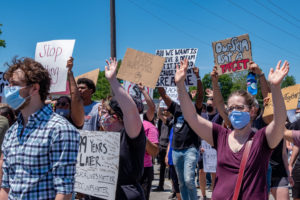
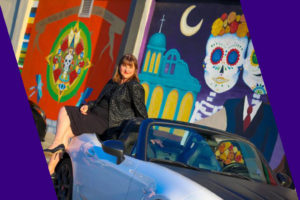
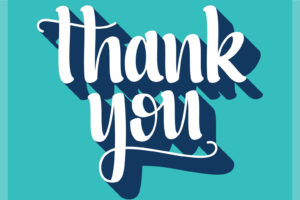
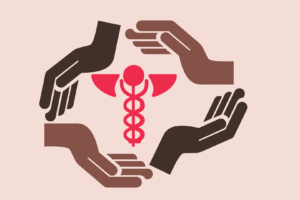
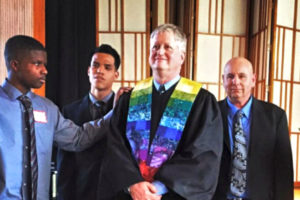

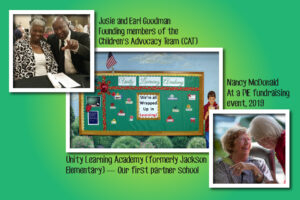

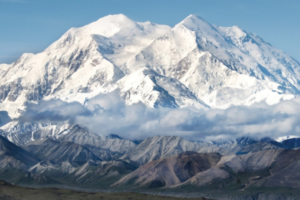
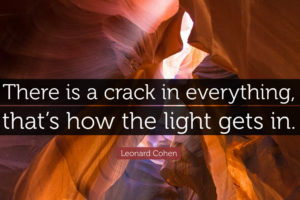
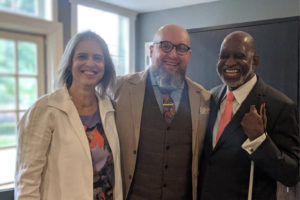
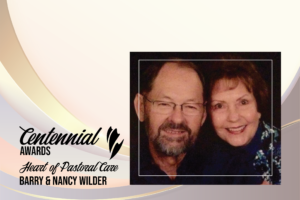
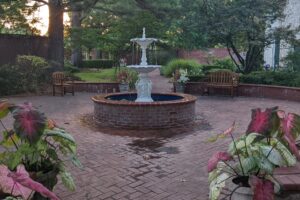
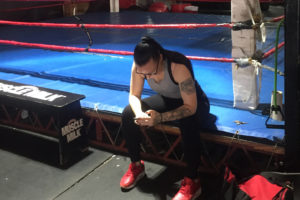
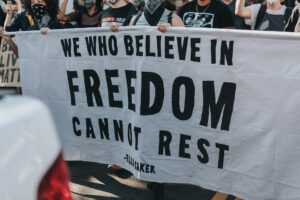
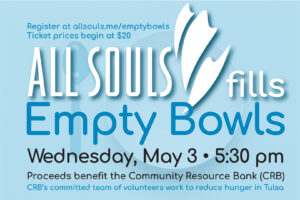
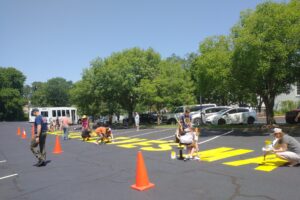

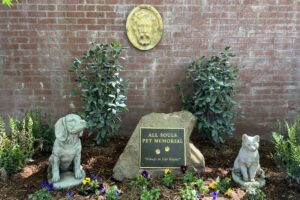
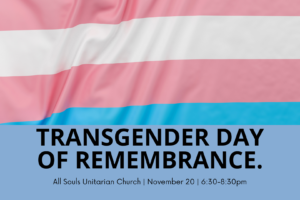
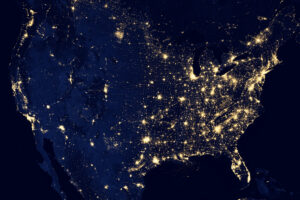

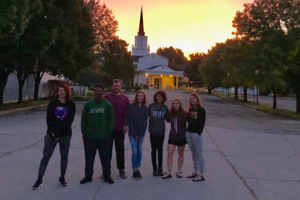

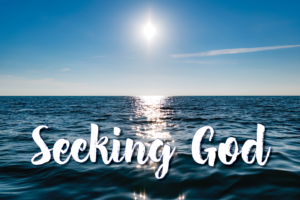
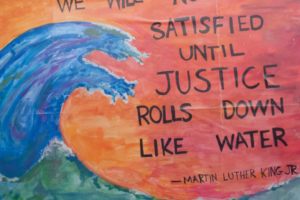
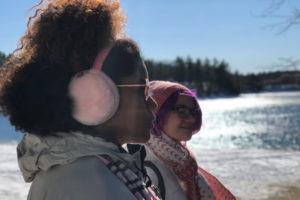
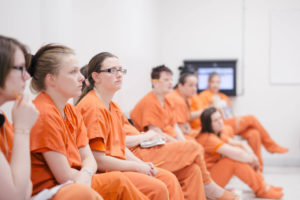
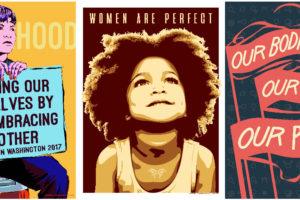
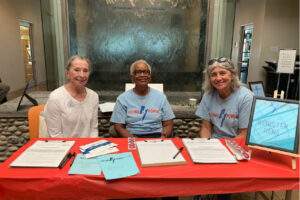
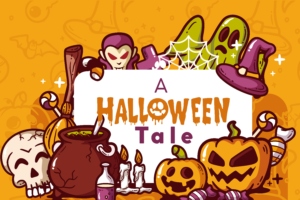


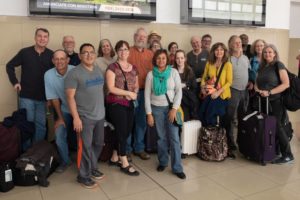
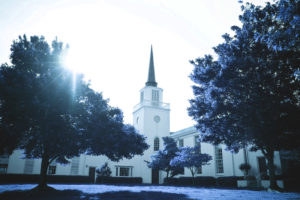

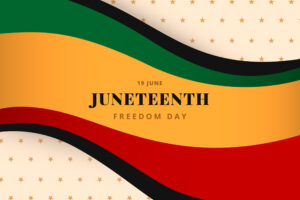
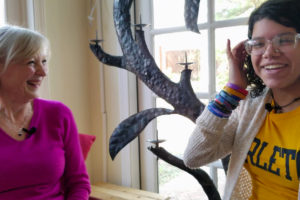

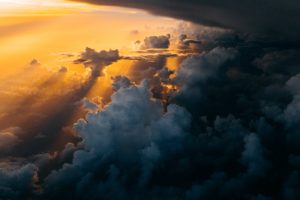
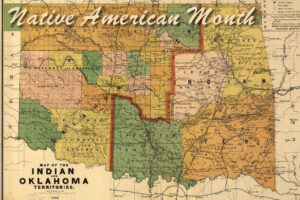
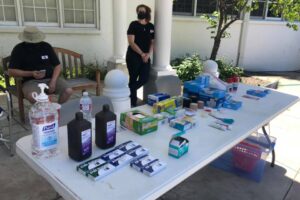
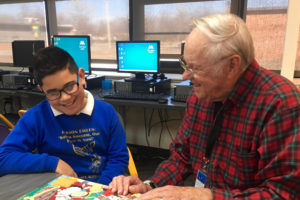
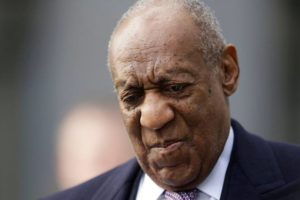
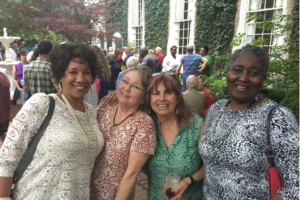
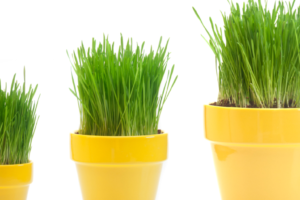
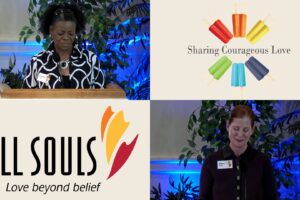


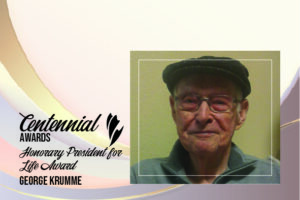
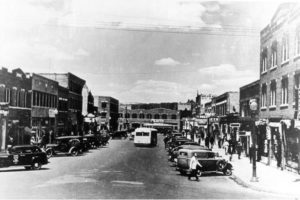
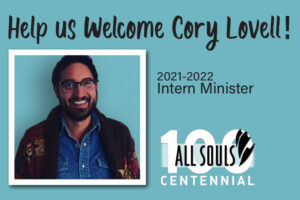
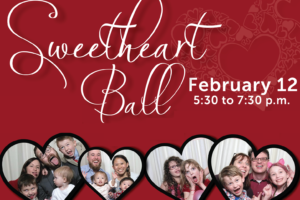
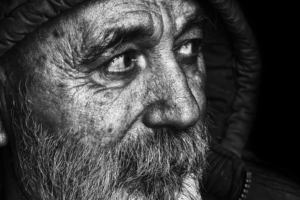

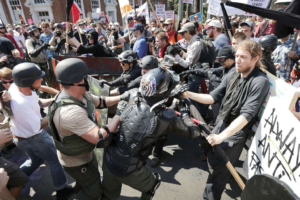
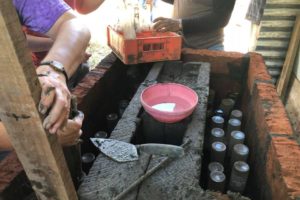
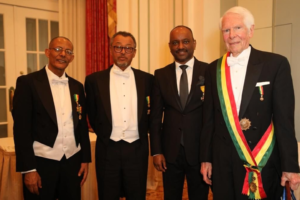

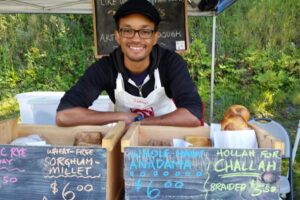
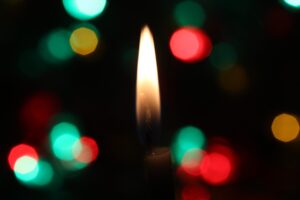
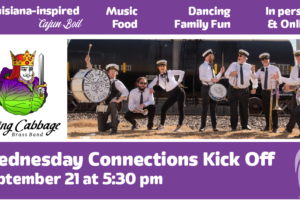
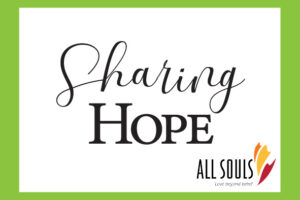
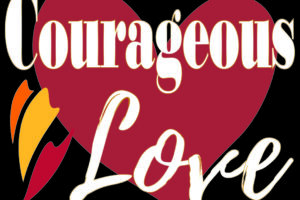

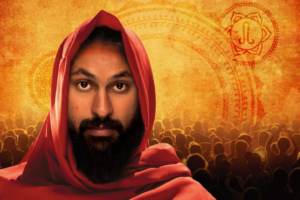
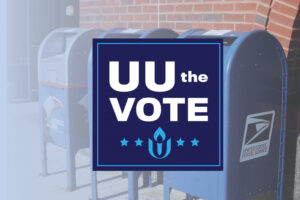
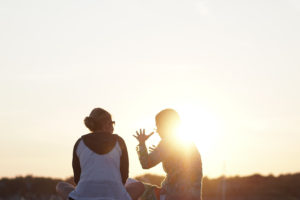
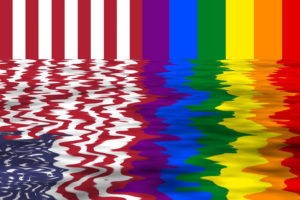

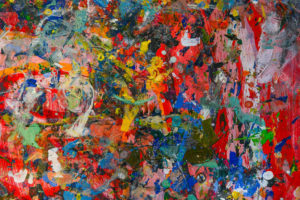
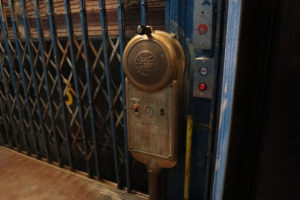
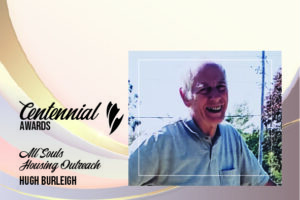
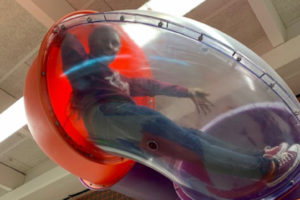
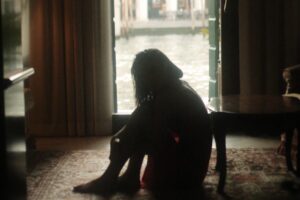
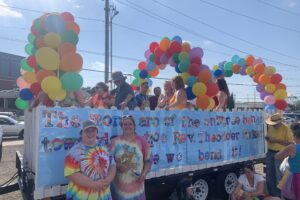
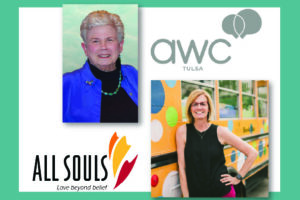
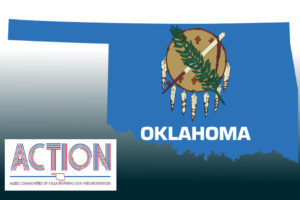
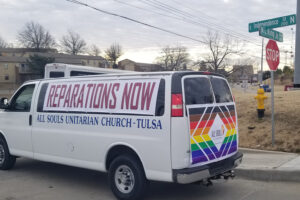
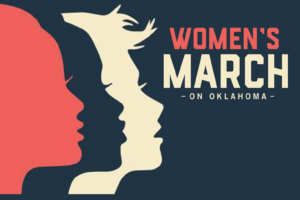
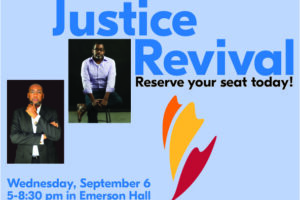
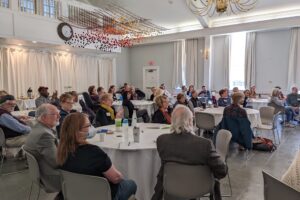
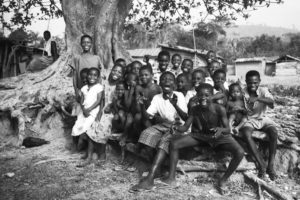
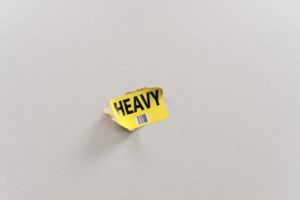
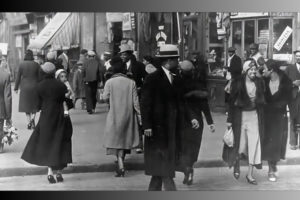
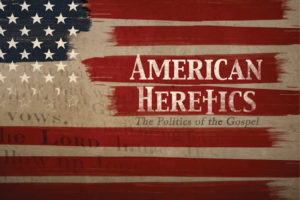
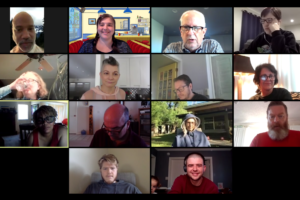
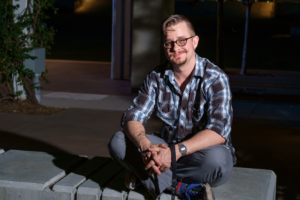
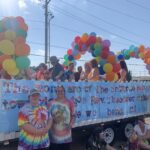
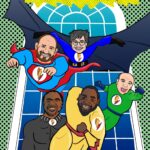
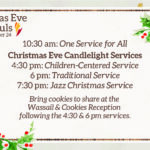
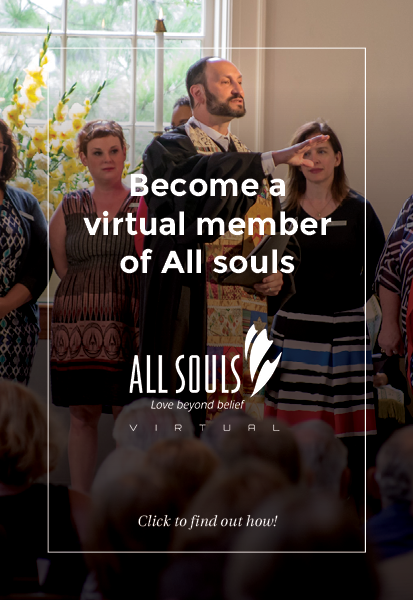

1 Comments
[…] with the value that Black Lives Matter and is no longer willing to sacrifice his humanity to a white supremacist system. Read his story, The Humanity of […]